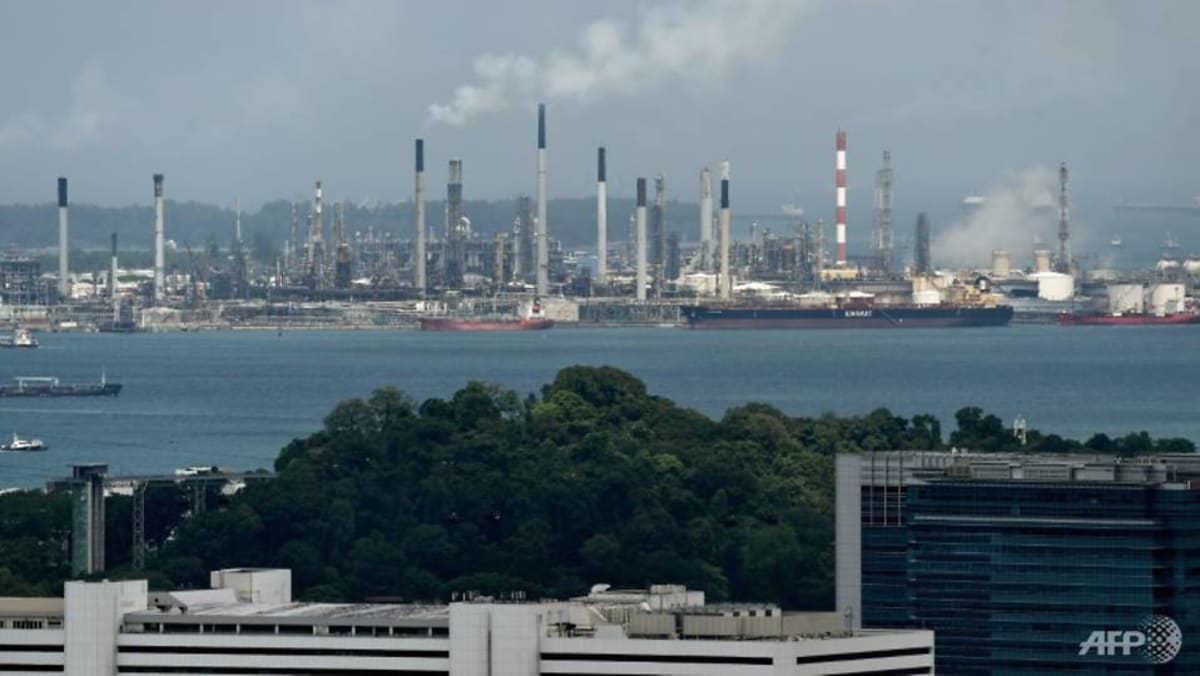Singapore MPs Debate Inequality and Social Mobility
On the second day of debate on the President’s Address, several Singaporean MPs emphasized the importance of addressing inequality and refining the nation's meritocracy to foster a "we first" society that prioritizes the collective good. Discussions centered on ensuring fair access to opportunities and sustaining social mobility for all.
Support for Vulnerable Families
Ms. Joan Pereira (Tanjong Pagar GRC) and Ms. Mariam Jaafar (Sembawang GRC) commended initiatives like KidStart, which supports children from lower-income homes, but stressed the need for more comprehensive family support. Ms. Jaafar, who chairs the Government Parliamentary Committee for Health, highlighted the fragmentation of current support systems.
She suggested that government programs should continuously monitor a child's development, offering integrated support from pre-school through secondary school, including after-school care and enrichment, particularly for ComLink+ families.
Preparing the Next Generation for the Future
Minister of State Goh Pei Ming (Social and Family Development and Home Affairs) argued that preparing the next generation for challenges like artificial intelligence (AI) and the digital world requires a shift in parental mindset. This includes moving away from pushing children to study ahead of the curriculum and towards fostering a childhood rich with unstructured play and experiential learning.
“This is the mindset change that we need: from tiger parents to bear parents,” he said, describing parents who nurture and defend their children, but who also give them the space to stumble, learn and become more resilient.
Addressing Workers' Concerns and Wage Issues
MPs also advocated for increased support for workers, including lower-wage earners and PMETs (professionals, managers, executives, and technicians). Dr. Wan Rizal Wan Zakariah (Jalan Besar GRC) called for raising the $3,000 wage ceiling under the Progressive Wage Model and extending AI training to lower-wage workers.
He also highlighted concerns about workers reluctant to accept wage increases due to potential loss of eligibility for Workfare or ComCare, urging the Government to review these schemes. Mr. Saktiandi Supaat (Bishan-Toa Payoh GRC) proposed an automatic cost-of-living adjustment mechanism for schemes like ComCare and Silver Support to address the disproportionate impact of inflation on lower-income households.
The Vulnerability of PMETs and the Middle Class
Ms. Gho Sze Kee (Mountbatten) noted that PMETs, who constitute a significant portion of Singapore's middle class, are particularly vulnerable to disruption caused by AI. These individuals face pressures from rising living costs, job insecurity, and the responsibilities of caring for both children and elderly parents. Ms. Goh cautioned against a hollowing out of the middle class, which could destabilize society.
Updating the Social Safety Net and Addressing Wealth Inequality
Ms. Denise Phua (Jalan Besar GRC) emphasized the need to update Singapore's social safety net, particularly in light of faster job churn and sharper inequality risks driven by technologies like AI. She suggested expanding protection for vulnerable groups like freelancers and gig economy workers, and making benefits like healthcare and insurance more portable.
Mr. Shawn Loh (Jalan Besar GRC) highlighted the growing issue of wealth inequality, suggesting the use of Singapore’s fiscal system to prioritize labor and effort over asset returns, and making the asset tax system more progressive. He noted that wealth inequality could divide society if not addressed effectively.
Meritocracy as a Principle of Fairness
In response to concerns raised by Mr. Fadli Fawzi (Aljunied GRC) about the potential for meritocracy to justify inequality, Ms. Mariam clarified that Singapore's meritocracy is a principle of fairness, not an ideology. She highlighted the broadened definition of meritocracy and the shift towards equitable support, where those with fewer resources receive more assistance. Initiatives now involve government, volunteers, and employers working together to uplift families.
“A ‘we first’ society is not built by tearing down the ladders of opportunity – it is built by strengthening them, and adding rungs so no one is left behind.”
 Visit the website
Visit the website






